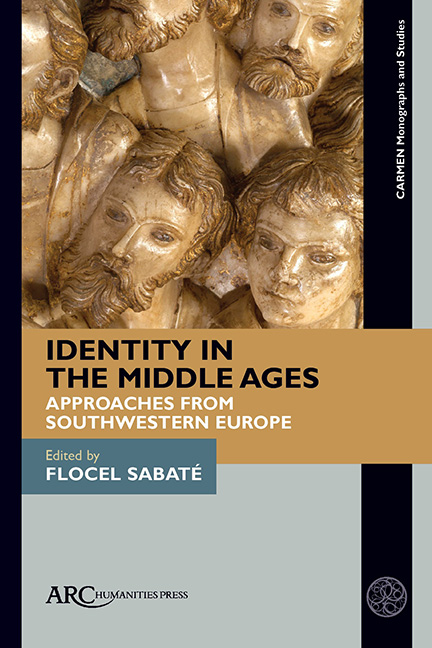Book contents
Chapter 9 - Medieval Peasants’ Image of Themselves in Relation to the Seigneurial Regime
Published online by Cambridge University Press: 20 January 2022
Summary
IN AN ARTICLE concerning the formation of Switzerland, Guy Marchal describes what he calls “the answer of the peasants,” their response to the dominant seigneurial discourse of mockery and deprecation. The original Swiss rural cantons constituted a nucleus of rustic freedom in a world of lordship and hierarchy. It is of course difficult to reconstruct this “answer,” the way medieval peasants saw their own virtues or justified their demands, but what follows is an effort to sketch a view of their situation set against the considerably more obvious and prolific attitudes of the lords, who dominated, but did not completely control, the construction of social imagery.
The Seigneurial Portrayal of the Peasant
A vast literature survives from the seigneurial side describing the uncouth and contemptible nature of the peasantry. This varies in quantity by period, becoming much more common in the late medi eval era of social upheaval. Such texts also vary greatly depending on geo graphical region and culture. Literary genres such as satires, comi-cal stories, and didactic treatises depicting peasants as stupid, coarse, and ludicrous form a significant part of German literature and are represented in English, French, and Italian sources. In Germany there was an entire class of medi eval literature known as Bauernschwank (plays and poems involving comical peasant characters), and the tendency to feature laughable rustics characterizes plays written in mercantile cities (notably Nürnberg) to celebrate Carnival. In France and Provence, the pastourelle, a poem in which a knight attempts to seduce (or, failing that, rape), a peasant girl was end-lessly elaborated. But in Catalan literature, peasants rarely appear. One would hardly know from the magnificent legacy of medi eval Catalan writing that the territory was convulsed by peasant agitation and rebellion in the late fourteenth and fifteenth centuries. In the Castilian realm, the situation is also peculiar. A nation that in its literary Golden Age would give rise to the most enduring peasant character, Sancho Panza, and one of whose greatest playwrights, Lope de Vega, invented over one thousand rustic characters, produced almost nothing about peasants in its literary works before 1450.
Whatever the variation among European nations, one can speak of an overall set of seigneurial and clerical ideas of the peasant that emphasized his lowliness and so his suitability for agricultural labour and exploitation by the privileged.
- Type
- Chapter
- Information
- Identity in the Middle AgesApproaches from Southwestern Europe, pp. 213 - 228Publisher: Amsterdam University PressPrint publication year: 2021



